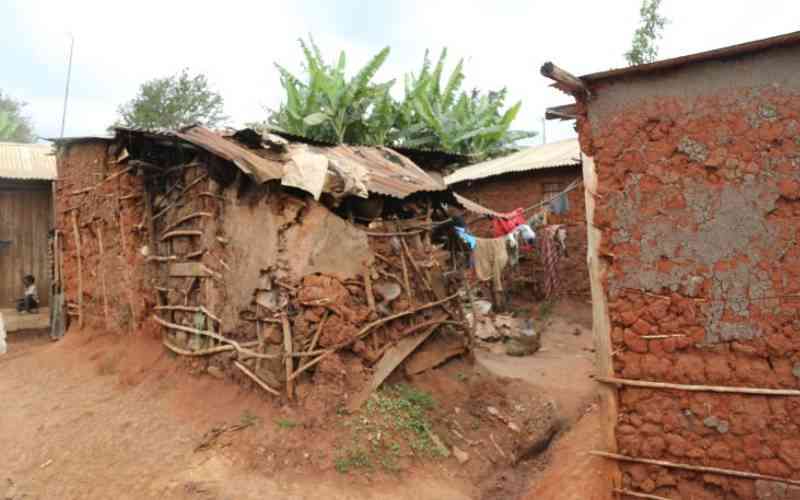×
The Standard e-Paper
Smart Minds Choose Us

Residents of Kipsongo slum in Kitale town, Trans Nzoia County have benefited from a waste management initiative by the county government and a local non-governmental organization.
The initiative addresses the collection of solid waste and the rehabilitation of drainage systems, to curb potential environmental hazards and prevent pollution of the Kipsongo River.